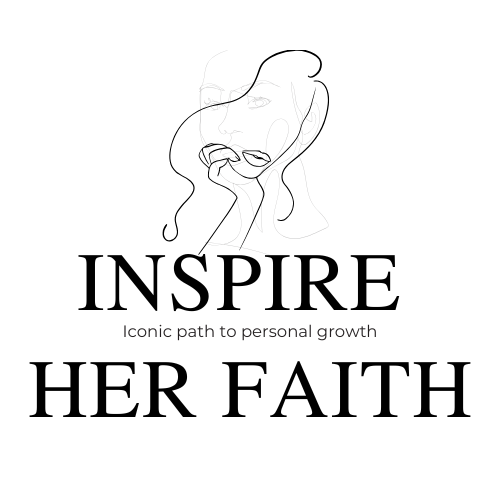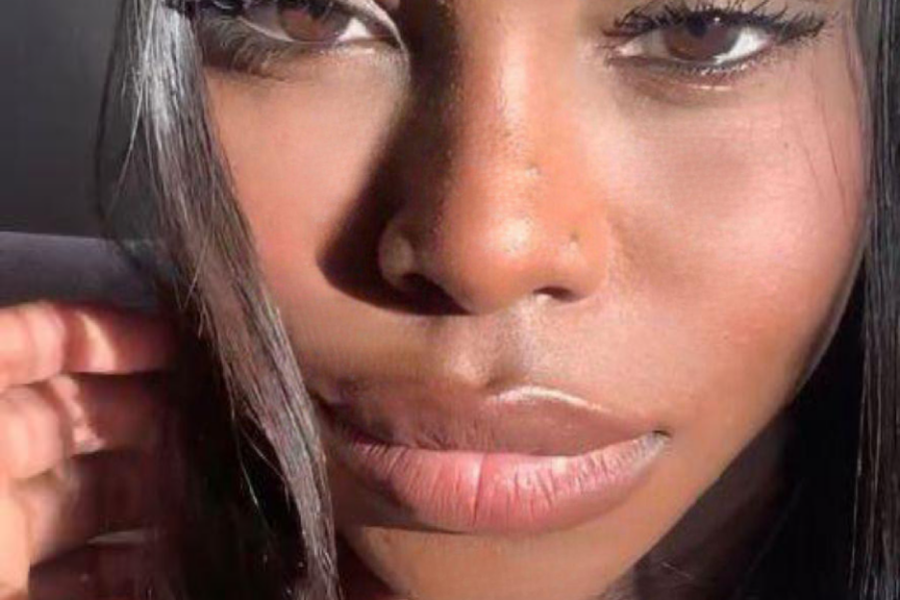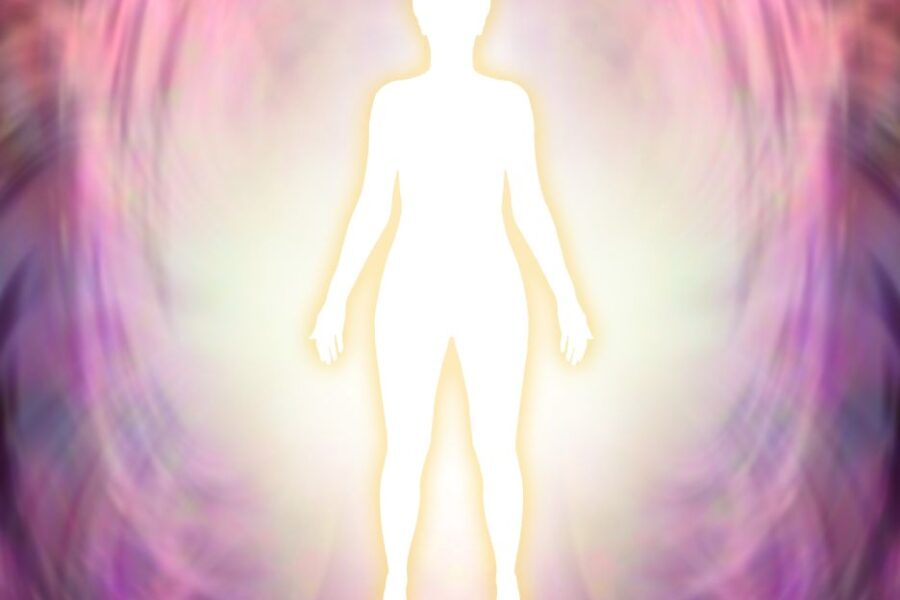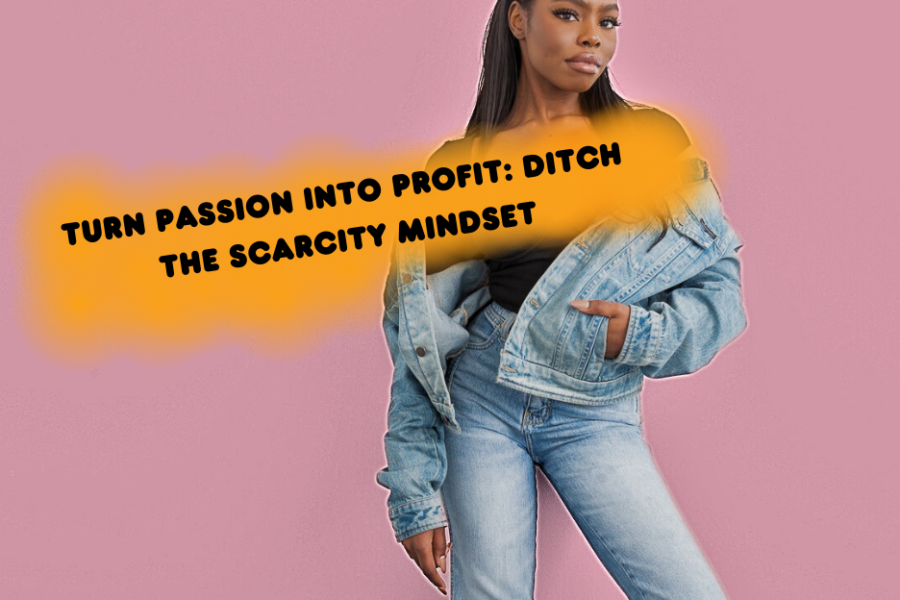In one of my recent articles, I wrote about how to find your perfect spouse. In that article, I also discussed how the main elements of finding love stem from within yourself. As cliché as this may sound, the answer to love is already within you.
You’ll find that love often approaches when you least expect it. I also shared insights from my personal experience around the time I got married and my mental state during that period.
In this updated, follow-up version of that article, I’ll discuss how I got separated and what to look for to avoid the mistakes I made in my marriage.
This article highlights how you can strengthen your ability to discern, sharing how I navigated my divorce and how to recognize when someone may not have your best interests at heart.
To have the world as your playground, you must focus on self-development. Every successful individual shares one key trait—they understand themselves from within and prioritize their inner well-being alongside how they present themselves to the world.
Respecting and honoring what you do and how you look can transform the outcomes of anything you set your mind to.
Coming in strong, and unexpected, but this needs to be said:
What Is Discernment?
Discernment is the ability to make sound decisions and judgments based on your life experiences. As a child born into a Muslim family, we were taught to pray at a young age. I attended Madrassa from the time I could speak properly, where we learned different verses of the Quran. I was around 3 or 4 years old, living in my birth country, Sudan.
The foundation I received there was learning verses and developing excellent recitation of the Quran. My parents taught me how to pray when I was around seven years old.
Our beloved Prophet (PBUH) said,
“Tell your children to pray when they are seven years old and smack them (lightly) if they do not pray when they are ten and separate them in their beds” (reference: 1:1).
The term “smack them” is not meant to condone violence but rather to emphasize the importance of prayer by the age of 10.
When the brains starts to form
As a child reaches the age of discernment, their brain, particularly the center responsible for decision-making, begins to form. This part of the brain continues to grow for decades, with full development occurring in the mid-20s.
It is at this stage that most individuals are considered fully mature adults. “As a whole, the frontal lobe is responsible for higher cognitive functions such as memory, emotions, impulse control, problem solving, social interaction, and motor function” (reference: 1:2).
Developing healthy discernment is as important as the food you eat. Some individuals may not have this gift, which can lead to setbacks in life.
This is normal, so don’t worry if this applies to you. However, if you have a healthy relationship with a functional frontal lobe, it will help guide you in making the right decisions as an adult. Either way, it’s beneficial to fully understand the concept of a healthy mindset regarding this topic.
How Discernment Can Benefit You
Not only will you have a significant advantage in different situations, but you will also experience peace of mind. Discernment helps you make better decisions in your day-to-day life and enables you to handle adversity more effectively.
For example, if you run a business, it’s your job to ensure every employee you hire is well-trained. You must also provide them with the tools they need to perform their job efficiently. As a leader, you set the example for everyone.
Another example is avoiding the trap of being “too nice.” While it’s often said there’s no such thing as being “too nice,” you’d be surprised how some people will take advantage of your kindness.
It’s better to be more reserved at first and slowly come out of your shell. This doesn’t make you cynical or overly calculated, just smart. You’re protecting yourself, and that’s perfectly fine.
How I Started My Healing Journey
For those who expect you to crumble after a major breakdown — let them believe whatever, and you focus on yourself to become better! I always get up, no matter how hard it is. There were times I was so broken that I asked Allah to take my life — I couldn’t bear the pain. But there is no such thing as giving up. I must stand, even when it feels like the hardest thing I’ll ever do.
I’ve lost count of how many breakdowns I’ve had. As a teenager, I went through trial after trial, and I never felt comfortable anywhere. Despite being surrounded by people who truly loved me, I never knew what “home” felt like. I had to create a safe space for myself from nothing. It was difficult, lonely, cold, and isolating.
Many times, I surrendered everything to Allah, relying on Him alone. At 13, I had no one, nothing to my name, and I was completely alone in the world. I did it for my future self, for this version of me that has successfully emerged.
A Work in progress
My journey is still ongoing. I am constantly learning, humbly viewing life from different perspectives. Even today, the people who hurt me will continue to do so, despite my forgiveness and decision to move on. This is why having a strong boundary is important.
I forgive easily, but people tend to forget their wrongdoings. When they become comfortable, I remind them of the boundaries I’ve set and move on. Things can’t go back to how they used to be because I am not the person I once was. While they remain stuck with an old version of me, that side still exists and surfaces from time to time because I know it makes them comfortable.
I love my empathic side, it’s part of who I am. At multiple occasions I have been let down and taken advantage of. Yet, it helps me recognize how much I’ve grown. Often, we forget to applaud ourselves for the hard work we’ve put into self-improvement. So, I’ve learned to show myself more love and care, especially after reflecting on who I used to be.
I’m proud of my old self — she was tough, kind-hearted, full of charisma, and left a strong, energetic presence. The new version of me, however, is smarter, wiser, and more reserved, with a hint of all the positivity a person can carry.
Healing Journey: the Mind
After feeling physically fresh and clean, I focus on my mind, emotions, and overall inner self. I cry a lot during this process because I allow myself to feel. That’s why I need isolation; I don’t want others in my space during this time. Having people around has slowed my healing process before, and though it sounds harsh, it’s the truth.
When I began my healing journey after my separation, everything felt difficult and lonely. Although I was constantly surrounded by people, I felt completely alone. I fell for a lie. The man I married was nothing like what he had presented himself to be. He thought he had control over me because I wasn’t playing games, while he was manipulating the entire situation.
Healing from this was both different and familiar. I didn’t fully understand why at first, but it became clearer later on. After giving myself some time to cry and process, I finally started working on my mental healing. I had been putting it off for months, making excuses like, “next month” or “after summer.”
But six months later, I finally stopped making excuses. I confronted what disturbed my peace — someone close to me whom I had never suspected. Once you survive a relationship with a controlling and manipulative partner, the world becomes scarier because you start seeing people for who they truly are, not what they portray.
A Message to You
Before getting married or dating with the intention of marriage, know your boundaries. Set short- and long-term goals, stay busy and active, and maintain a healthy diet. You can heal from anything — whether it’s a job you hate or someone who drains you emotionally.
The road to recovery and personal growth is easier said than done, and you may feel like the world is against you. But know that great things will appear when you persist through these challenges.
Life is a test, but it can also be enjoyed and appreciated. Learn to be more grateful and find happiness within yourself, without depending on anyone else. Cultivate strong independence, pick up new hobbies, and take breaks when needed.
However, I recommend staying where you are until you’ve gone through the hardest parts of healing. Running away is valid once you’re at ease, but running toward your fears will help you develop a mindset that no one can break.
If you struggle with anxiety, for example, go to places that trigger it. This will help you understand why you feel the way you do, and the more you face it, the less it will affect you. The best way to heal is to meet your fears head-on and return from the encounter with one less problem weighing you down.
References
1:1 – https://islamqa.info/amp/en/answers/103420
1:2 – https://www.healthline.com/human-body-maps/frontal-lobe



